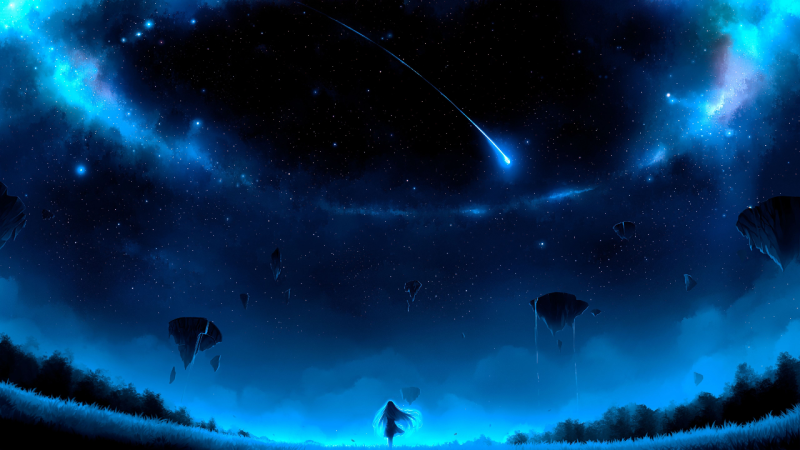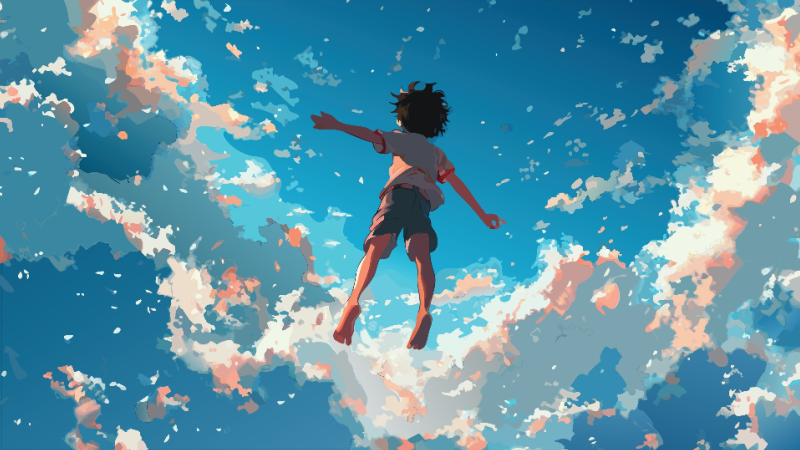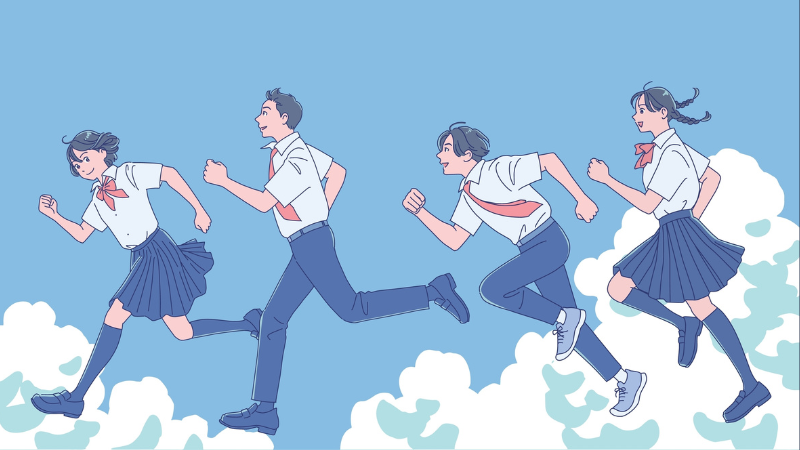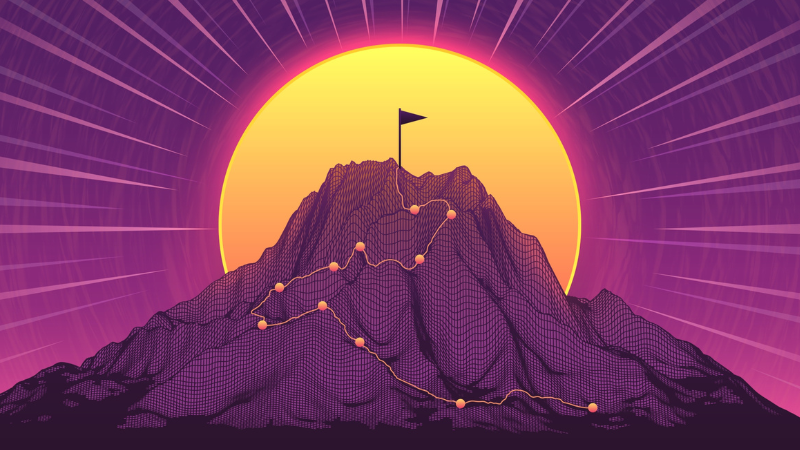The Downsides of Piracy

By Andrea Tan | March 14th, 2022 | Categories: Featured
First off, I’m obligated to say that pirating video games is either illegal or a misdemenor (you wouldn’t download a car) in many countries. In the United States, it’s a federal crime. We’ve all seen our fair share of this type of criminal getting a harsh sentence; recently, headlines were made about the trial of Gary Bowser, who pleaded guilty to selling and creating devices that hosted pirated games. The man will have to serve a 40-month jail sentence after earning tens of millions of dollars from selling the hacking devices. Now before I go off on a tangent here, let’s get back to business. Is it okay to download an unreleased version of a 1993 SNES JRPG for review purposes? Is it okay to use emulation to play a 25-year-old game that you can’t buy anymore unless you pay an exorbitant amount of money? Everyone has their stance and interpretation of what is and isn’t acceptable when it comes to piracy or even what constitutes piracy; it’s a never-ending debate. So instead of trying to prove a point, let’s take a look at both sides of the coin, and from there you can (hopefully) come to your own conclusion about it.
Table of Contents
Piracy “Helps” Preserve Games
Video games don’t stay forever – sometimes, they just disappear. This also happens quite a lot in the music and film industry, where the “old” just turns to dust and the “new” is embraced.
One of the main reasons why people pirate video games is to play certain titles that cannot be accessed anymore or weren’t released in their region. The sequel to Earthbound, Mother 3, never came out in other regions besides Japan; the only way to be able to play is to either emulate it or buy a reproduction cartridge that’s patched with a fan translation. Then there’s also Terranigma, a 1995 ARPG developed by Quintet (the makers of ActRaider, Illusion of Gaia, Soul Blazer, and many more) that was only released in Japan and Europe.
Some games just can’t be accessed anymore, and unless you resort to emulation or outright piracy, you can never hope to play them on the current-gen consoles. Heck, it took Nintendo five years to put Earthbound on Switch, and that’s only on their NSO subscription service, not as a standalone game. Do you think they’d release an English version of Mother 3? Not in this lifetime. Other companies like Microsoft do a much better job in preserving and highlighting their past games by giving the Xbox Series X backward compatibility – an underrated feature that should be industry-standard on disc-based systems. Plus, Microsoft has an entire collection of older games available to play on their Game Pass that subscribers can freely download.
Old Games Are Expensive
I’ve already talked about why older physical media in video games is getting more expensive, so in case you haven’t read that, you can do so here. It’s easy to point fingers at someone that’s dodging a $60 game price and brand them a thief, but what if that number goes up to $100? Or even $300? If you ever plan to play the older games, be prepared to be bedazzled by the prices. More so if you live in a third-world country where platforms like Steam aren’t available. Thankfully, retro games are being revived by publishers and developers alike, earning a new lease of life in today’s consoles and PCs. Just recently, Live-A-Live, another Japan-exclusive JRPG, was announced that it’ll be getting the remaster treatment. But remember, there are still a lot of good games that were left (mostly) in Japan that remain in obscurity; hopefully the dust on them can be brushed off if publishers like Square Enix and Konami take a long, hard look at their archives.
Piracy Potentially Hurts Video Game Sales
For as long as video game piracy has existed, the industry and the gamers have argued whether the practice actually hurts the sales of video games. In 2014, Sports Interactive found that tens times the number of people pirated Football Manager than bought it for retail. The firm estimates that only 1.7% of the download would have resulted in a sale. While that doesn’t sound like a lot, that’s still over 175,000 games and a cool $3.7m in revenue. With that kind of money, Sports Interactive could have developed even more features for their next game and hired a lot more people. Football Manager is a PC game, so you can’t conclude the same numbers and estimates if it were applied to somewhere else, but it goes to show that at some level, piracy does affect game sales.
Based on the research of the Business Software Alliance in 2010, they’ve estimated that generalized software piracy costs the entire world half a billion jobs and $51b annually. That’s a huge blow considering that this is already a worldwide scale, and it’s not something to scoff at either. If developers had more sales, they’d in turn have more people in their ship, which would have resulted in better releases down the ride. It could even mean staying a year or two more in the otherwise competitive industry before declaring bankruptcy.
Final Thoughts
I hope that you’ve at least gained a more nuanced perspective on video game piracy. You can say that some pirates just want to freeload, regardless of their attempts to justify their actions. However, in many other cases, it’s not so black and white. Should downloading a game you literally can’t buy be considered a crime? Where do you draw line between a fan and a pirate? There’s never going to be a single, silver bullet that ends video game piracy – if there was such a thing, then people would have thought of it by now.














